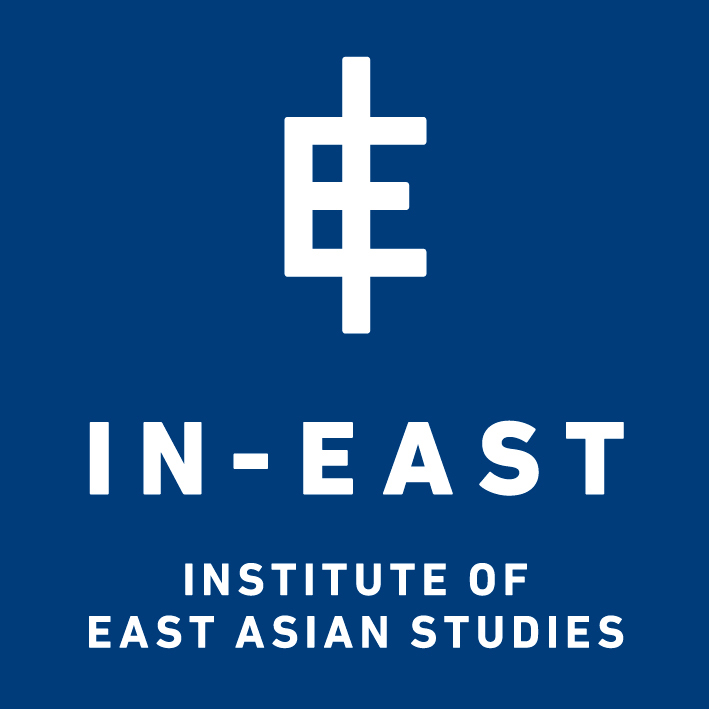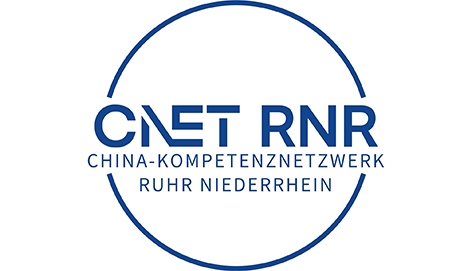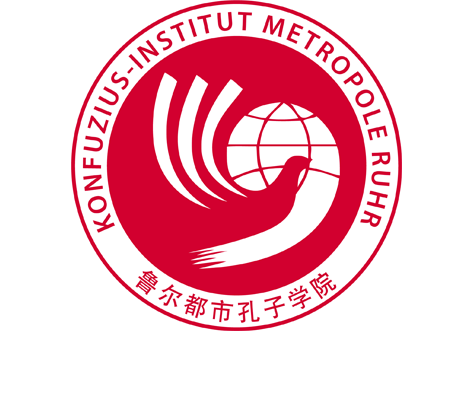IN-EAST News
12.06.2019 - 13:39
Research Forum Guest Lecture by Xueguang Zhou
The Chinese Bureaucracy in Three Lenses: Weberian, Confucian, and Marchian | Wed, June 12, 2019, 10–12 h | Room SG 183, Geibelstr. 41, Duisburg
Abstract
The Chinese bureaucracy – with its long history and distinct characteristics – is arguably one salient legacy of the Chinese civilization. In recent decades, it has provided the organizational basis for the leading role of the Chinese state in China’s economic growth and institutional transformation. The Chinese bureaucracy also shows intriguing dualism between high responsiveness and strong inertia and between formal authority and informal institutions. I explore these distinctive features of the Chinese bureaucracy from three lenses: Weber’s comparative-historical approach helps locate the Chinese bureaucracy in a distinct mode of domination; the Confucian lens identifies the cultural sources of bureaucratic behaviors; and James G. March’s image of organized anarchy sheds light on a set of mechanisms that shape the role of the bureaucracy in China’s political dynamics.
Xueguang Zhou is Kwoh-Ting Li Professor in Economic Development, a professor of sociology and a senior fellow at the Freeman Spogli Institute for International Studies, Stanford University. His research examines the institutional logic of governance and the rise of the bureaucratic state in China. He is preparing a book manuscript The Institutional Logic of Governance in China: An Organizational Approach that summarizes his decade-long research project on this topic.
Lecture of the IN-EAST Research Forum lecture series. The Research Forum starts sharply at the time given, without academic quarter (s.t.).











